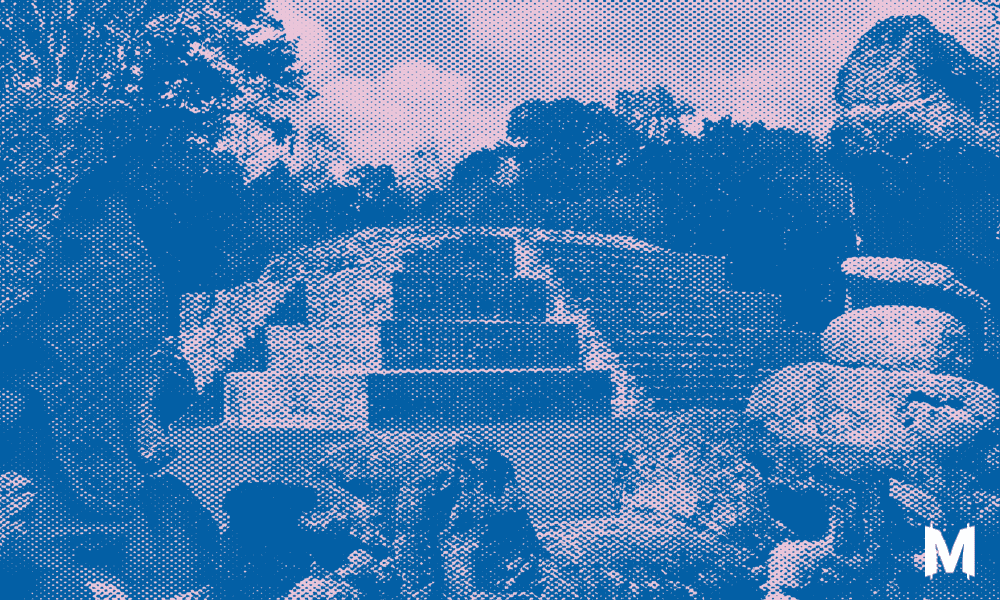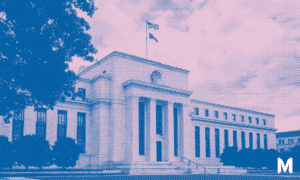El Salvador was the first country in the world to make bitcoin legal tender.
What many don’t know is that bitcoin adoption started as a “grassroots” movement in El Zonte way earlier. Bitcoin Beach in El Zonte is a famous bitcoin attraction among tourists and bitcoiners today.
Despite the fact that El Salvador’s bitcoin investment worth over $100 million dropped by over 50% during the current bitcoin bear market, El Salvador’s Finance Minister Alejandro Zelaya recently said the government doesn’t regret the move.
El Salvador adopting bitcoin as legal tender helped boost tourism, according to Zelaya.
Now other cities, villages and even countries are looking to follow into the footsteps of “Bitcoin Beach” and El Salvador.
Honduras made headlines in the past when the private charter city and special economic zone of Próspera made bitcoin legal tender. Later on the Central African Republic (CAF) made bitcoin legal tender as well.
Other cities and regions from Madeira in Portugal, to Miami in the United States, Rio de Janeiro in Brazil and Lugano in Switzerland have voiced their support for bitcoin and have plans to become a bitcoin hubs.
The newest region to join the ranks is the tourist town of Santa Lucia in Honduras. In a joint effort between the municipal government, Guatemalan Coincaex exchange, Blockchain Honduras and the Technological University of Honduras, over 60 businesses in Santa Lucia are being trained and equipped with the means to accept payments in bitcoin.
The tourist town is being dubbed “Bitcoin Valley”. Coincaex is providing local merchants with the equipment and services to accept bitcoin easily in their stores and Blockchain Honduras is training merchants and customers on how to set up and use bitcoin wallets.
There is a catch though: Merchants that accept bitcoin using Coincaex aren’t really receiving bitcoin. The bitcoin that customers pay with are sent to Coincaex where they are redeemed for Honduran lempira, the local currency.
According to Leonardo Paguada of Bitcoin Honduras, this will “enable merchants to receive instant payments in the local currency, eliminating cryptocurrencies fluctuation risks”.
The Honduran lempira currently has a reported double-digit year-over-year inflation rate of 10.22%. Accepting bitcoin and then immediately exchanging it for a currency that is depreciating at double-digits annually seems to be at odds with a big part of bitcoin’s value proposition and use case, especially in a country like Honduras.
But the use of bitcoin as a payment network and the increased adoption and education around bitcoin in Santa Lucia is a sign that bitcoin adoption is still increasing despite the current bear market.
Rebranding Santa Lucia as “Bitcoin Valley” is an effort to attract even more tourism to the town. And even if local merchants don’t actually receive or hold bitcoin as of now, the ability for customers to pay in bitcoin is real.




